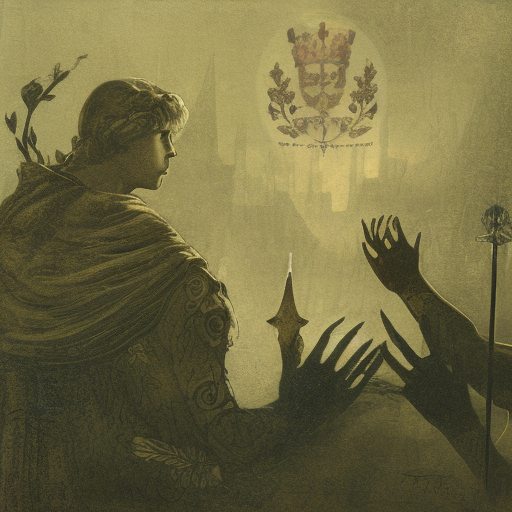The King’s Speech (2010) – Overcoming Stuttering to Find One’s Voice
Director: Tom Hooper
Writer: David Seidler
Cast:
- Colin Firth as King George VI
- Geoffrey Rush as Lionel Logue
- Helena Bonham Carter as Queen Elizabeth
- Guy Pearce as King Edward VIII
- Timothy Spall as Winston Churchill
Music: Alexandre Desplat
Director of Photography: Danny Cohen
Producers:
- Iain Canning
- Emile Sherman
- Gareth Unwin
Plot
In the 1930s, Prince Albert, Duke of York (Colin Firth), struggles with a severe stutter that hinders his public speaking. His wife, Elizabeth (Helena Bonham Carter), seeks the help of Lionel Logue (Geoffrey Rush), an unconventional speech therapist. Despite initial skepticism, Albert begins working with Lionel, and they develop a unique bond.
As the Duke of York’s father, King George V (Michael Gambon), nears death, his older brother, Edward (Guy Pearce), is expected to ascend the throne. However, Edward’s controversial relationship with Wallis Simpson prompts him to abdicate, leaving Albert next in line. With the sudden responsibility of becoming King George VI, Albert’s speech impediment becomes an even greater challenge.
With Lionel’s guidance, Albert learns to confront his fears and insecurities. They work together tirelessly, using unorthodox techniques to overcome his stutter. As the two men delve into Albert’s past, they discover the root causes of his speech impediment, including childhood trauma and a strict upbringing.
As World War II looms, King George VI must address the nation with a speech that will inspire and unite the people. With Lionel’s support, Albert delivers a powerful and heartfelt address, proving his ability to lead and inspire others. The film culminates in his iconic speech on September 3, 1939, announcing Britain’s declaration of war against Germany.
Themes and Motifs
The Power of Friendship: The film explores the transformative power of friendship between King George VI and Lionel Logue. Through their relationship, Albert finds the confidence and support he needs to overcome his speech impediment and fulfill his duties as king.
Overcoming Adversity: The central theme revolves around Albert’s struggle to overcome his stutter and the challenges he faces as a reluctant monarch. The film emphasizes the importance of perseverance and self-belief in the face of adversity.
The Weight of Expectations: Albert is burdened by the weight of expectations placed upon him as a member of the royal family. The film highlights the pressures and responsibilities that come with leadership and how individuals can rise above them.
Reception and Legacy
Upon its release, The King’s Speech received critical acclaim for its performances, direction, and screenplay. It won numerous awards, including four Academy Awards, including Best Picture, Best Director for Tom Hooper, Best Actor for Colin Firth, and Best Original Screenplay for David Seidler.
The film’s success helped raise awareness about stuttering and the importance of speech therapy. It shed light on the personal struggles of King George VI and the impact of his speeches during World War II.
The King’s Speech remains a significant film in cinema history, showcasing the power of human connection and the triumph of the human spirit. It continues to inspire audiences with its message of perseverance and self-discovery.
Recommendation
The King’s Speech is a captivating and inspiring film that offers a compelling portrayal of King George VI’s journey to overcome his speech impediment. The outstanding performances by Colin Firth and Geoffrey Rush, coupled with Tom Hooper’s masterful direction, make this a must-watch for fans of historical dramas and stories of personal triumph.
Memorable Quote
“I have a voice!” – King George VI












